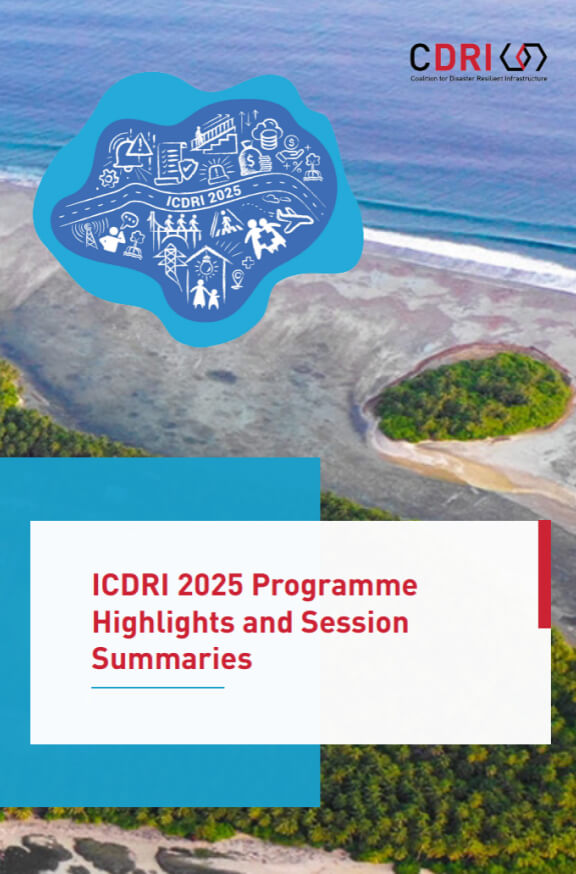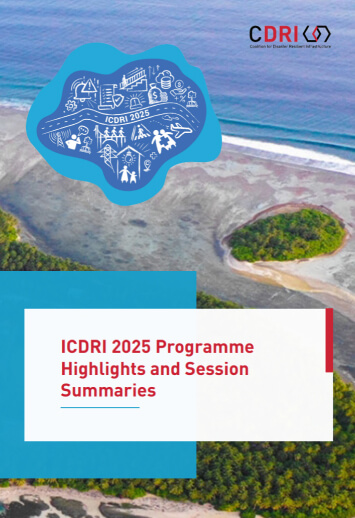ICDRI 2025 conference emphasized resilient infrastructure for Small Island Developing States (SIDS), highlighting local capacity, data-driven planning, and inclusive finance. Leaders emphasized the importance of proactive resilience, bundling projects for scalability, and integrating risk into budgets. Sessions showcased community-led solutions, nature-based designs, and peer learning.
Key recommendations included creating a SIDS Global Data Hub, expanding early warning systems, and launching fellowships and regional training hubs. Financing strategies focused on vulnerability-based eligibility, concessional terms tied to resilience, and streamlined accreditation. Technology discussions promoted locally serviceable tools and AI-driven risk analytics. The Resilient Africa Programme was introduced to replicate SIDS innovations across the continent.
The conference concluded with a call to embed resilience at every stage of infrastructure development, supported by open data, capacity building, and collaboration.
Key points
- SIDS need data-driven, locally-led infrastructure for climate resilience.
- Bundled regional projects unlock concessional finance and insurance opportunities.
- Early warnings must reach communities before disasters, not after.
- Nature-based solutions outperform concrete when matched to local ecosystems.
- Resilience pays off through reduced downtime and repair costs.
- Open data hubs and fellowships build lasting technical capacity.






